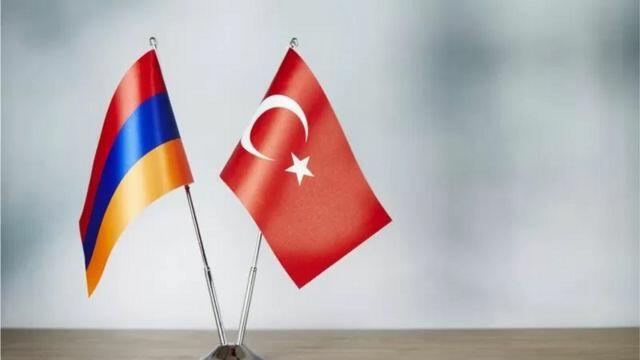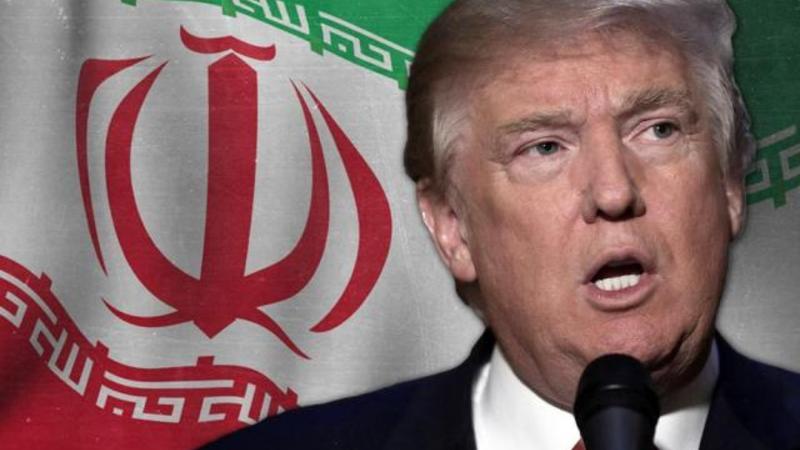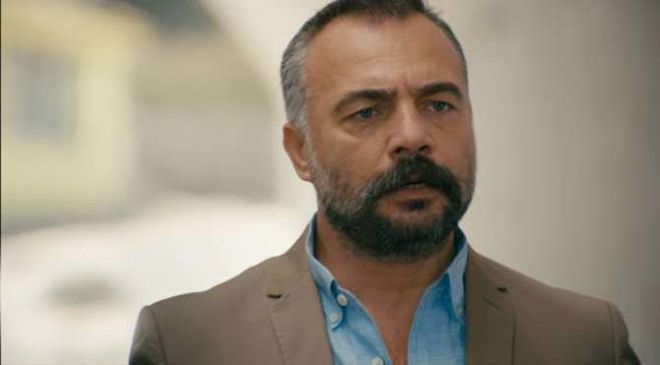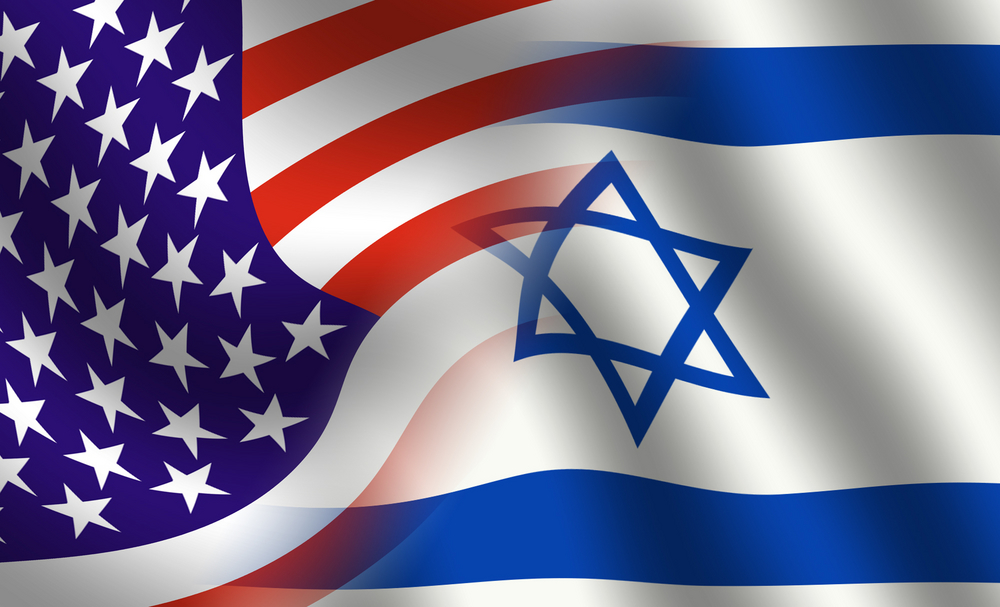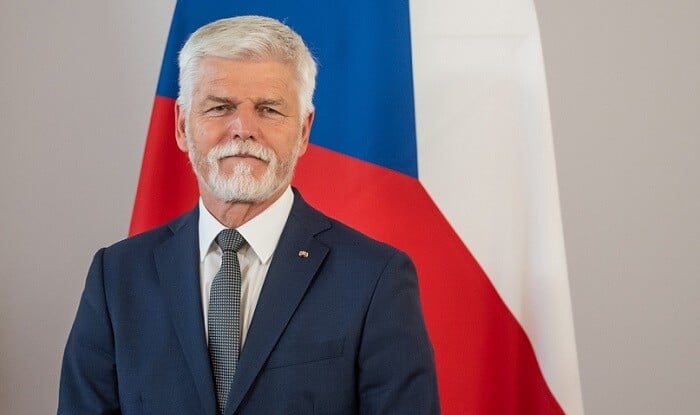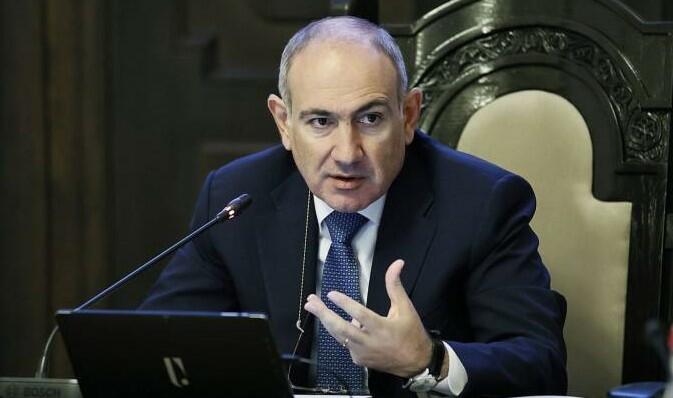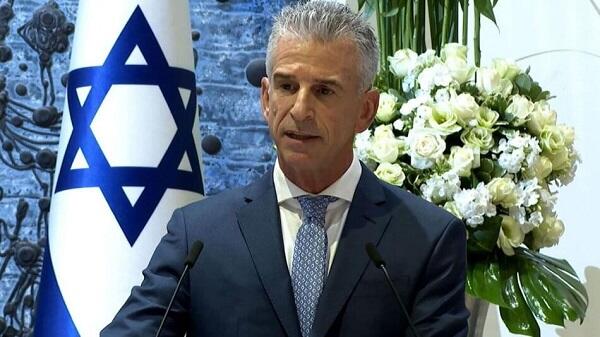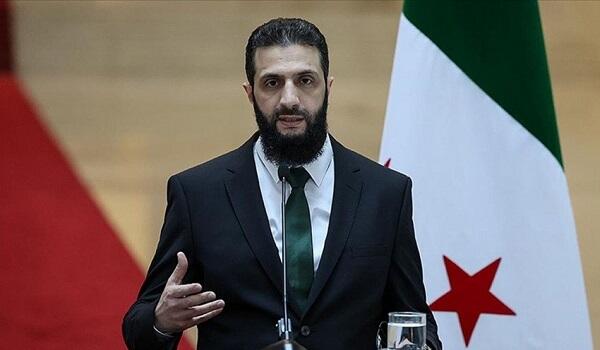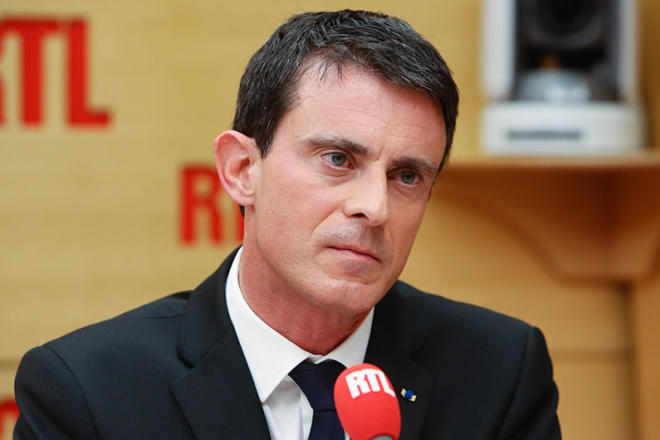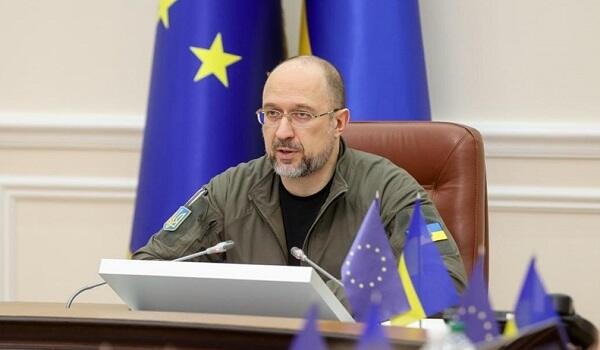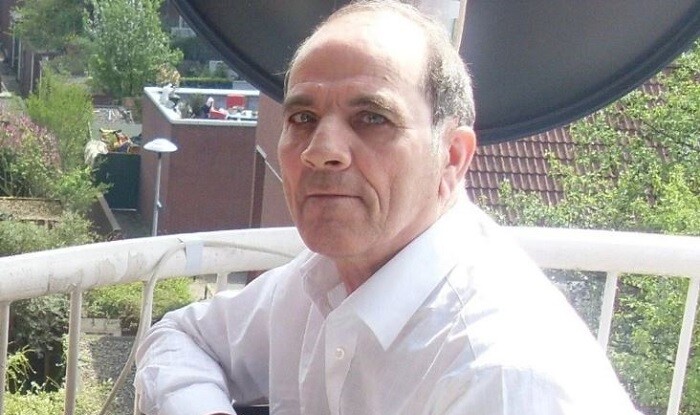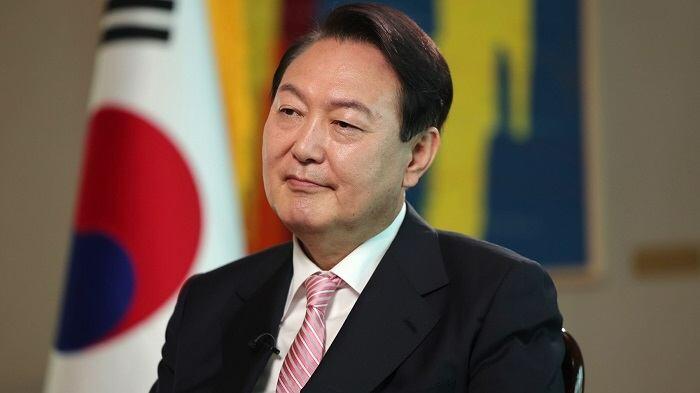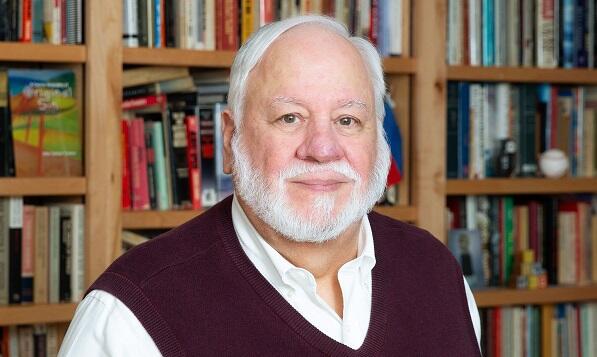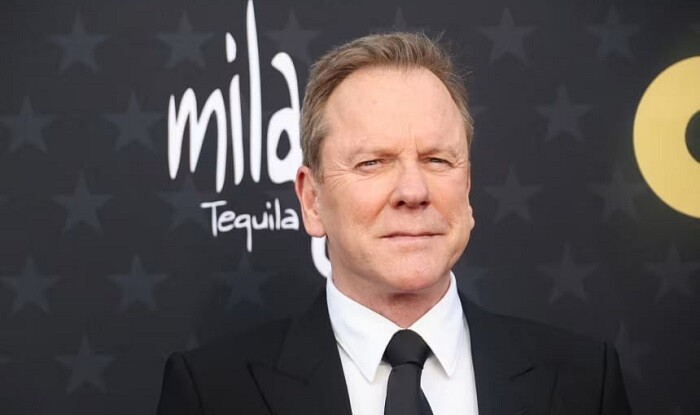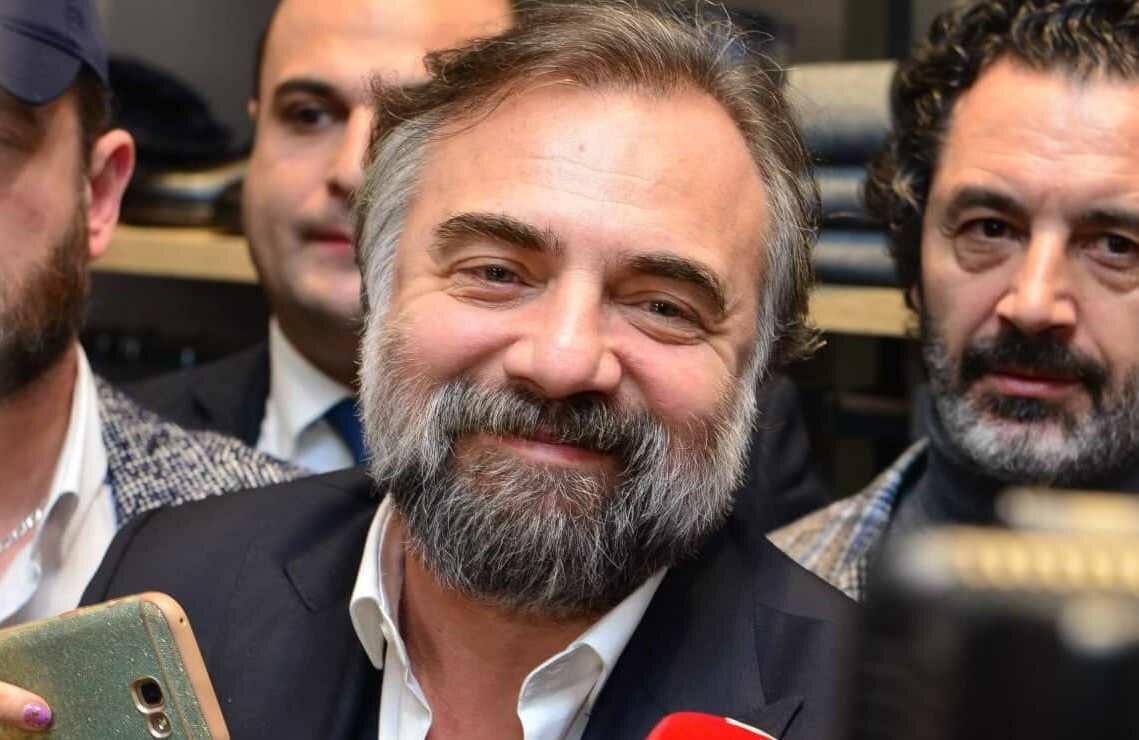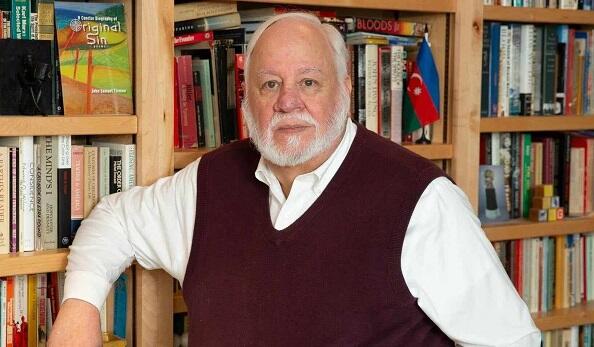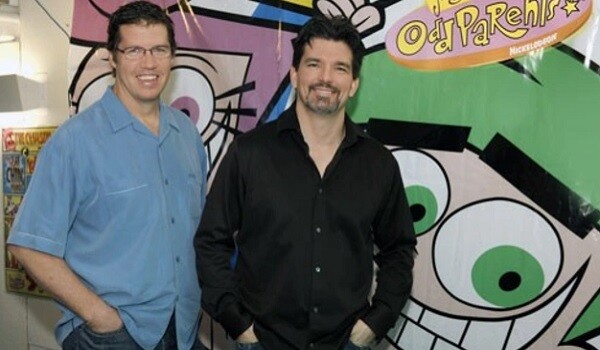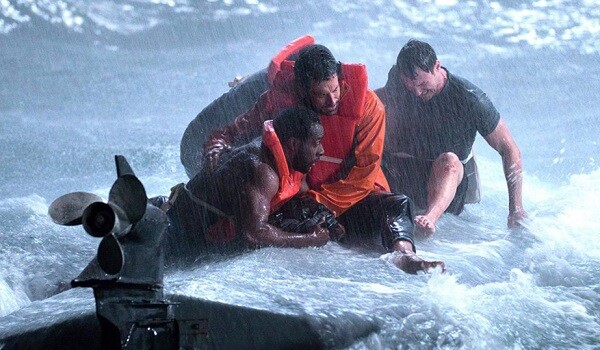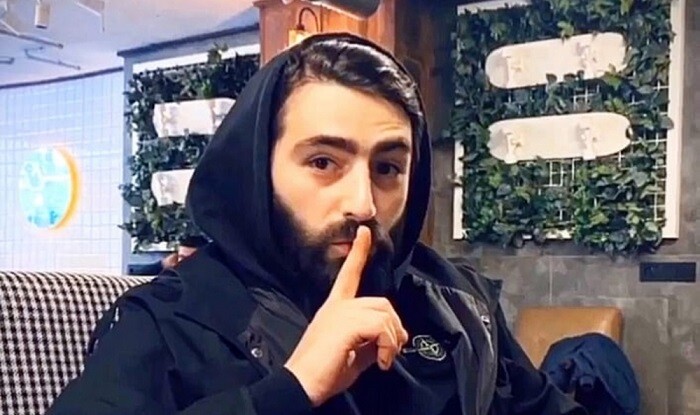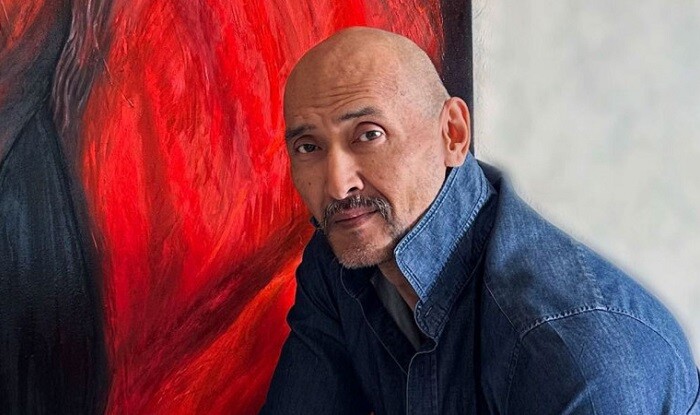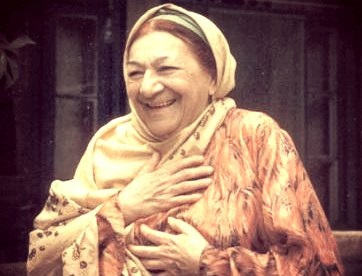Axar.az presents an article “God And Language” by John Samuel Tieman.
By anyone's standard, I am a very minor politician. I was recently elected to my City Council. Nonetheless, even at my level, when I speak of religion I've quickly learned to speak two languages, one public and the other private.
I'm Catholic. In most situations, I am very open about my religion. But then I am very open about a lot of things that many people are circumspect about. I'm a recovering alcoholic, for example. I've written about my five years in psychotherapy. It's part of being a writer. Private Citizen Tieman will talk religion with anyone. Council Member Tieman is publicly circumspect about the subject. My constituents are Protestants, Muslims, Buddhists, a huge population of Jews, and plenty of folks who don't believe anything.
I know a woman who is a city council member south of here. She's done decades of work protecting the environment. Susan too is Roman Catholic. In private, she speaks of how Pope Francis has influenced her views on environmentalism. In public, she keeps that to herself. Because everyone is damaged by global warming, Susan frames bills and resolutions for everyone – everyone – regardless of belief or disbelief. Susan's attitude is in keeping with a long-standing norm of governance.
Then there's Senator J. D. Vance, the Republican Vice Presidential nominee, whose conservative Catholicism shapes his vision of the laws he wants to impose. “My views on public policy and what the optimal state should look like are pretty aligned with Catholic social teaching,” Vance said. It's worth noting that the “Catholic social teaching” to which he refers is a Catholic version of white Christian nationalism that promotes “biblical lawmaking”. This violates that long-standing political norm. In public, you generally keep your religion to yourself. You may have won 51% of the vote, but you represent 100% of your constituency.
Religion in public life, it's a fine line. Jimmy Carter was a deacon in the Baptist church. John Kennedy was a Catholic at a time that was anti-Catholic. People wondered if Barack Obama was a Muslim. But the question, when it comes to governance, is not so much how this or that law was conceived, or how your private background formed the public framing of a law or policy. The question is, simply, does this public framing include everyone?
I can't address the way white Christian nationals speak of religion. I don't really understand them. The white Christian nationalists notwithstanding, in America, in political discourse you learn not to be too specific about your religious life. It's a general agreement. We don't publicly talk about religion, and certainly not about transcendence. If we talk about it at all in public discourse, often we’ll find a vague language that doesn't give offense, a language long on inclusion and short on doctrine. This by no means excludes religious discourse. It means that Americans are comfortable with, in essence, two languages, one public and one private.
In private, and in some of my writing, I speak a religious language. I'm a poet. Non-reason is my muse. I can spend an hour choosing a verb or savoring a stanza. To cultivate non-reason is to trust intuition, trust the transcendental, trust mystery and paradox, trust love and tenderness, trust the darkness and the shadow. I don't hate reason. There is truth in reason. But all too often we forget that there is vast truth in non-reason. To be clear, reason is a valuable tool. But it's non-reason that more often opens me to that which is larger.
A Jewish friend said of being a Jew something I say of being a Catholic. “I wasn't born to a faith – I was born to a fate.” I never think of my religion as a choice. People ask, “With all the scandals, how can you be a Catholic ?” How can I be anything but Catholic? I gave the Buddha a shot when I was young. Atheism, been there. Agnosticism, done that. Marx, Camus, check, check. I once said to a friend, “I think philosophically.” To which my friend responded, “You never think philosophically. You always think theologically.”
In the end, Citizen Tieman talks about religion to anyone. I said to buddies at dinner the other day, “People say you shouldn't talk about politics, sex, and religion. But my favorite baseball team, the Cardinals, they're in third place, so what else is there to talk about?” As for Councilman Tieman, what I dislike – Dare I say what I think is anathema? – is not religion. It's folks like J. D. Vance. It's making sectarian doctrine into law and policy. I come from an old religion. We tried that whole Inquisition thing. Sorry.
